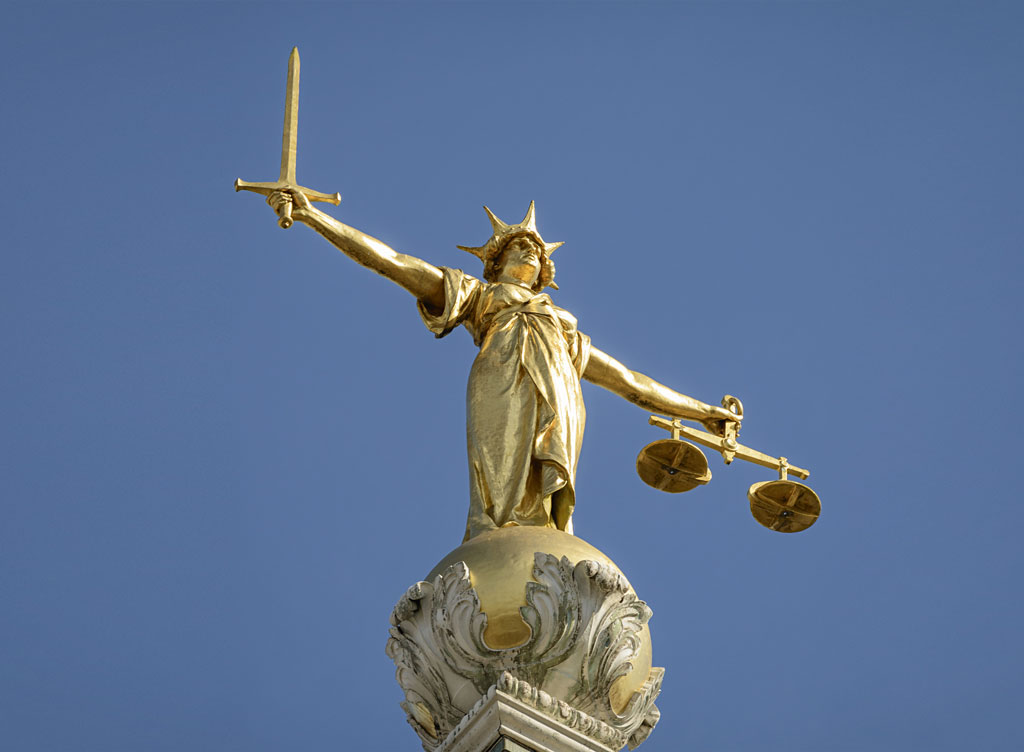
Is the doctrine of precedent the “unwavering” foundation of common law ask Stuart Pickford & Vivien Yip
The doctrine of precedent is one of the first principles we learn in law school. It was described by the House of Lords in Practice Statement (Judicial Precedent) [1966] WLR 1234 in the following terms: “An indispensible foundation upon which to decide what is the law and its application to individual cases. It provides at least some degree of certainty upon which individuals can rely in the conduct of their affairs, as well as a basis for orderly development of legal rules.”
It is therefore hardly surprising that arguments regarding whether or not the court is bound by existing authority can play a critical part in the success of a case. This article looks at decisions this year which have raised novel points regarding the doctrine of precedent, starting with the Supreme Court’s recent decision in Willers v Joyce & Anor (as executors of Albert Gubay (deceased)) (No 2) [2016] UKSC 44, [2016] All ER (D) 98 (Jul)









